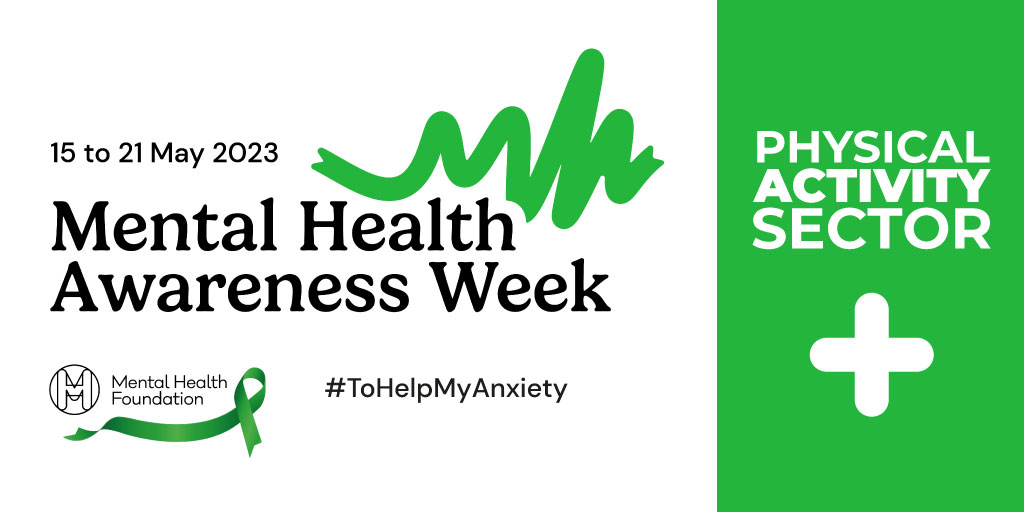From the 15th to the 21st of May, organisations and individuals combined their support of Mental Health Awareness Week. It became a brilliant opportunity for the physical activity sector to showcase the importance of activity for mental health and wellbeing.
A familiar topic is whether physical activity has a strong impact on cognitive capacity and productivity. As many communities and nations leave the spectre of COVID-19 behind, a new normal has been established. From flexible and remote working to the demand for mental health-aware workplaces, there has been greater emphasis on the importance of physical activity.
Can physical activity improve cognitive capacity?
For some time, the connection between physical activity and increased cognitive capacity has been an automatic one. Yet research released in March 2023 seemed to reject previously assumed positive impacts on productivity for adults in the workplace and comprehension for school-age children.
A new review and subsequent peer review study have shown that the impact of physical activity may be somewhat nuanced. Researchers Cheval and Boissontier examined a study released in March 2023 that takes a more rigorous approach to the data of 11,266 healthy people.
This study announced emphatically that the positive impact of cognition was sub-optimal and near negligible. The study rejected the baseline levels of physical activity and the tendency toward only publishing significant results, nullifying the impact of physical activity on cognition.
Cheval and Boissontier did not limit their study to healthy people as the previous did and were able to conclude the connection was viable. In fact, moderate activity, brisk walking and cycling have 1.5 times the impact of vigorous physical activity. The study, taking place over five years not two also concluded there was a long-term impact.
Does physical activity improve productivity in the workplace?
Mental health conditions and disorders affect 150 million people across Europe, costing billions in productivity. 30-40% of chronic sick leave is a consequence of these disorders and conditions, with the UK’s figures alone estimated at £56 billion a year in mental health costs.
Research on physical activity has consistently found a positive impact on employee physical health. Day-to-day, employees report better satisfaction, take fewer sick days and are in better physical condition with improved sleep. For serious conditions, there is a reduced risk of non-communicable diseases such as cancer and diabetes as well as alleviating musculoskeletal symptoms such as bad posture.
ukactive has supported this area with content, research and surveys that underpin this agenda. These include The Active Workforce report and webinars encouraging SMEs to prioritise employee wellbeing. Their resources support physical activity programme support for staff in businesses across the country.









